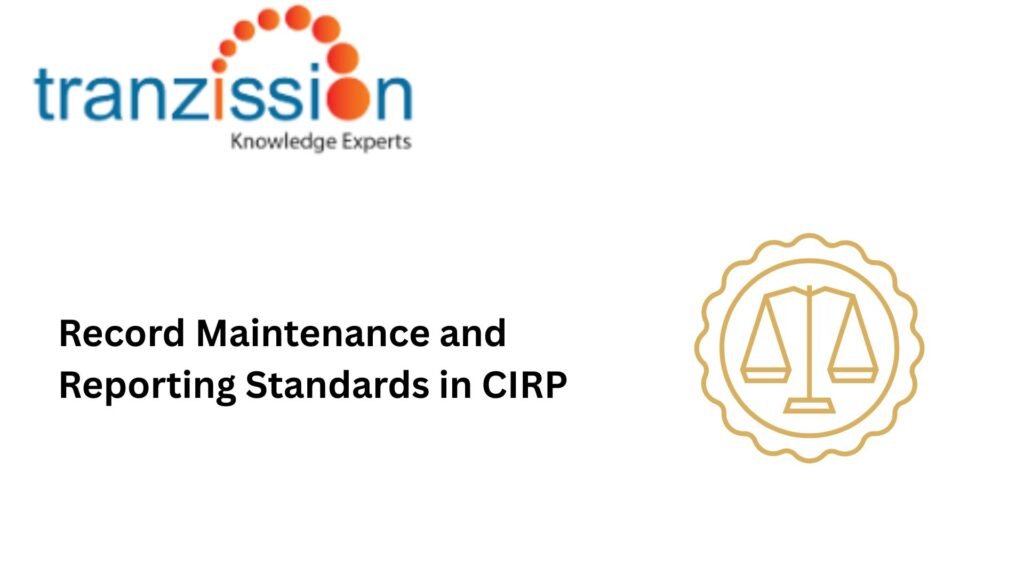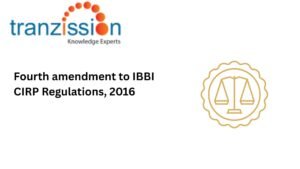
Record Maintenance and Reporting Standards in CIRP

Table of Contents
Record retention and Reporting Standards in CIRP (corporate insolvency resolution process ) to ensure transparency, accountability, and facilitate the resolution of disputes. It provides a comprehensive record of the CIRP, including the interim resolution professional’s (IRP) or resolution professional’s (RP) actions, creditor information, and other relevant documents. This important documentation is essential for audits, litigation, and future references. Regulation 39A of the IBBI (Insolvency Resolution Process for Corporate Persons) Regulations, 2016 (CIRP Regulations) pertains to the preservation of records related to the CIRP. It mandates the IRP or RP to maintain both physical and electronic copies of these records, adhering to a record retention schedule as determined by the Insolvency and Bankruptcy Board of India (IBBI) in consultation with Insolvency Professional Agencies (IPAs).
IBBI Guidelines on Reporting Standards in CIRP
Preservation Timelines:
Insolvency professionals (IPs) are required to preserve electronic copies of all records, physical and electronic, for a minimum period of eight years from the date of completion of the CIRP or the conclusion of any related proceedings, whichever is later. Physical copies of records must be preserved for a minimum period of three years under the same conditions.
Scope of Responsibility:
IPs must retain records for the period during which they served, even if they did not oversee the entire CIRP. For instance, if an IP served as the Resolution Professional (RP) for three months before being replaced, they are responsible for preserving records during that period.
Practical Implications for Insolvency Professionals
IPs manage the corporate affairs of the corporate debtor, oversee the meetings of the Committee of Creditors (CoC), and balance the interests of all stakeholders, along with other implications, such as:
Compliance and Accountability:
IPs need to adhere to the IBBI guidelines is essential to avoid penalties and maintain professional integrity. IPs that maintain proper record retention ensure readiness for audits and inspections by regulatory authorities.
Operational Best Practices:
Despite the advantages of technology in insolvency, the insolvency framework in India still needs to implement secure digital storage solutions to maintain electronic records efficiently. For physical storage, IPs need to guarantee stored in a secure and accessible manner for the mandated period. The IBBI should establish standardized procedures for documenting and archiving records throughout the CIRP.
Conclusion : Reporting Standards in CIRP
Record-keeping in CIRP involves diligently tracking and storing all relevant documents, including financial records, minutes of the meetings, claims submissions, and any other evidence used in the resolution process. IPs must maintain accurate and complete records is crucial for transparency, accountability, and the effective administration of the CIRP. It allows for proper verification of claims, review of the resolution process, and potential legal challenges. The IBBI must encourage continuous improvement in record management practices to adapt to evolving regulatory expectations.
Read More:
The Role of Parliament in Refining IBC Framework





